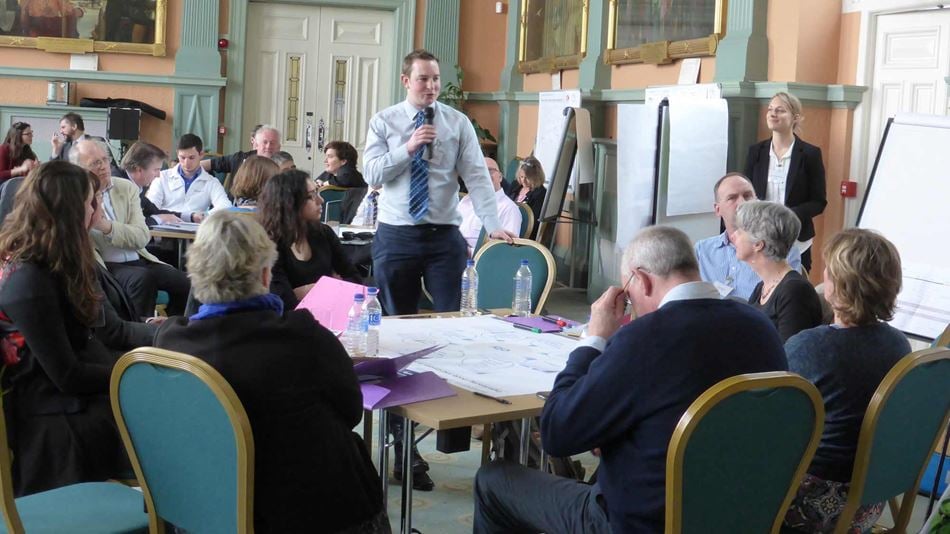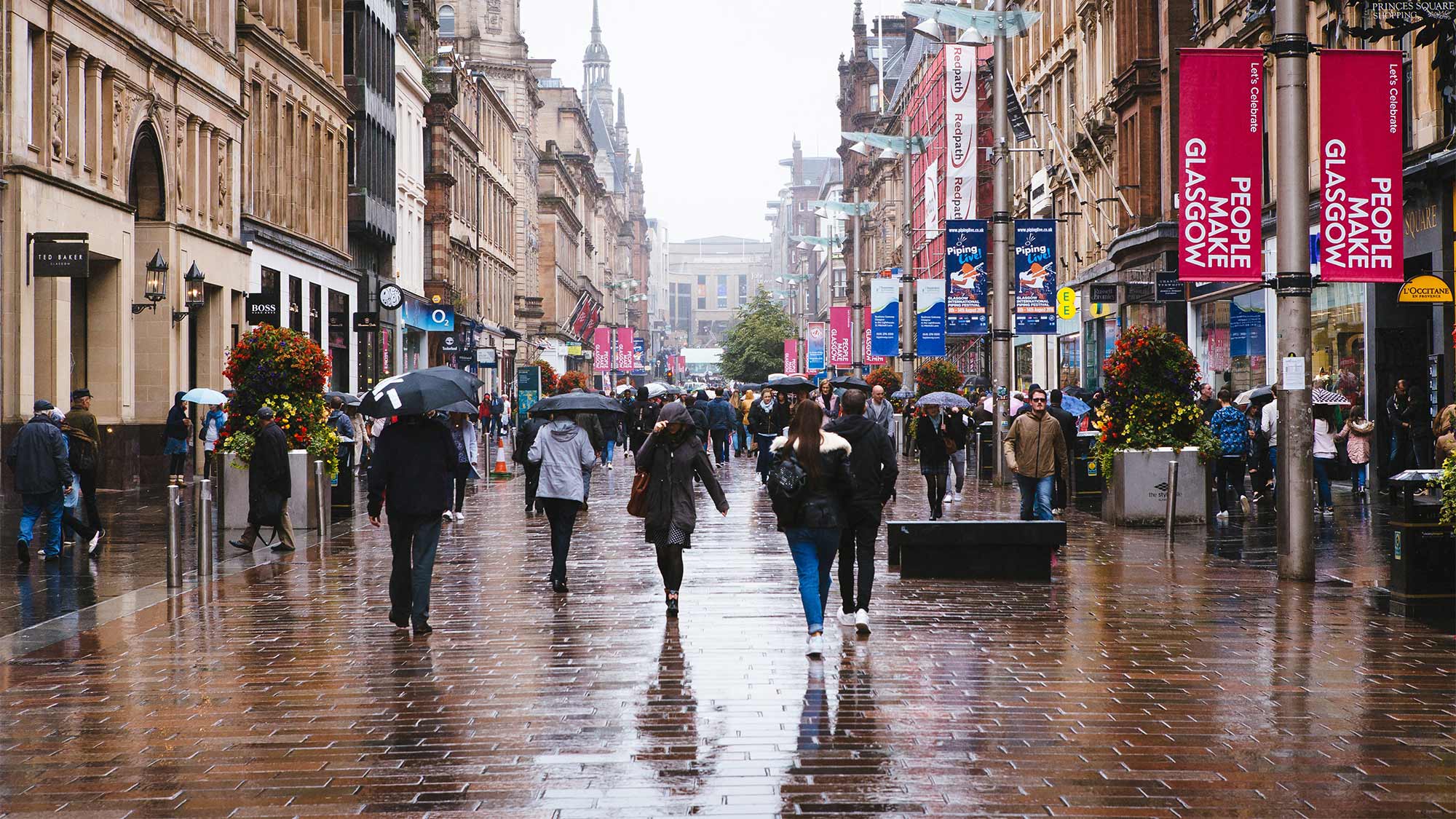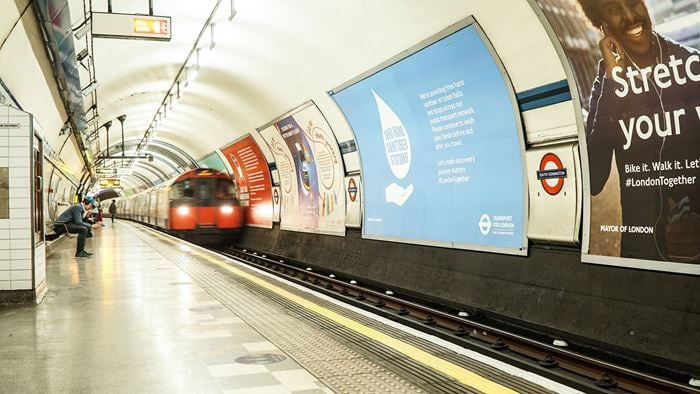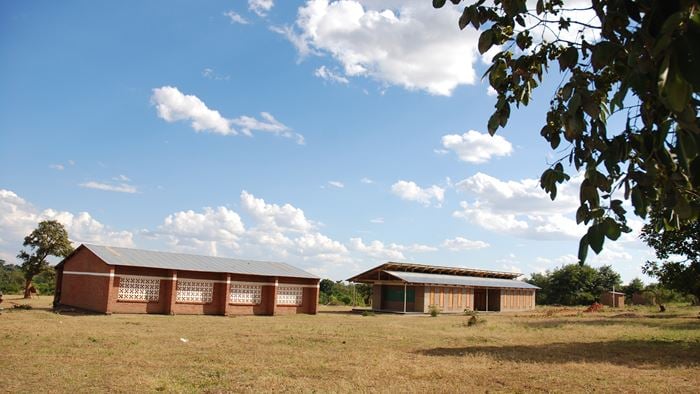In the 21st century, a city’s ability to remain competitive whilst supporting the wellbeing of its citizens can be compromised by shocks and stresses, ranging from climate change to ageing infrastructure, and unplanned growth to disease outbreaks. Integrated approaches and innovative solutions are required to ensure that cities understand and plan for their resilience.
100 Resilient Cities – pioneered by the Rockefeller Foundation (100RC), aims to enhance city resilience through a programme of activities, including the appointment of a City Resilience Officer (CRO), creation of a Resilience Strategy in each participating city, and the sharing of knowledge and best practice through a global network of cities and service providers. The holistic, multi-stakeholder strategy development process helps cities to improve the robustness, flexibility and inclusiveness of their systems, and to build resilience capacity across stakeholder groups.
As Strategy Partner, Arup has already helped ten cities – Amman, Athens, Byblos, Bristol, Glasgow, Sante Fe, Santiago de Chile, Thessaloniki, Toyama and Vejle, – to develop and release their Resilience Strategies. In total Arup is working with 22 of the 100 cities progressing through the 100RC process.
Arup and the Rockefeller Foundation also developed the City Resilience Index (CRI) which helps cities to understand and measure their capacity to endure, adapt and transform. The CRI will allow cities to measure their resilience using 156 metrics and will be used as a tool to support the 100RC programme.
Project Summary
100 resilient cities
22 citiesinclude Arup's involvement
156metrics used

Setting the agenda
Arup’s role includes training and capacity-building with city officials; planning and facilitation of stakeholder engagement activities; technical and strategic advice on effective resilience actions to tackle each city’s shocks and stresses; and project management through each stage of the strategy development process.
We work closely with each Chief Resilience Officer (CRO) to develop a bespoke Resilience Strategy based on a robust understanding of city resilience that is shared across the network, and guided by the City Resilience Framework developed by Arup and The Rockefeller Foundation.
Developing the strategy
During the strategy process, we are helping CROs to identify opportunities to enhance resilience within priority areas for their city, to leverage existing city plans and actions, and develop new initiatives in relation to specific shocks and stresses. We have also developed a tool to evaluate opportunities against multiple indicators of resilience and ensure the delivery of co-benefits (the ‘resilience dividend’).
The final Resilience Strategies will serve to guide and support the practical implementation of resilience-building activities, to engage internal and external stakeholders, and to present a case for investment.
As Strategy Partner, Arup provides support to cities in the form of CRO coaching, project management, technical engineering, planning and economics expertise, networking facilitation, and more.

Strategy Partner cities
Amman, Jordan
Athens, Greece
Barcelona, Spain
Belfast, United Kingdom
Bristol, United Kingdom
Buenos Aires, Argentina
Byblos, Lebanon
Cape Town, South Africa
Glasgow, United Kingdom
Guadalajara, Mexico
Kyoto, Japan
London, United Kingdom
Luxor, Egypt
Milan, Italy
Montevideo, Uruguay
Nairobi, Kenya
Rome, Italy
Santa Fe, Argentina
Santiago, Chile
Thessaloniki, Greece
Toyama, Japan
Vejle, Denmark
 ;
;







